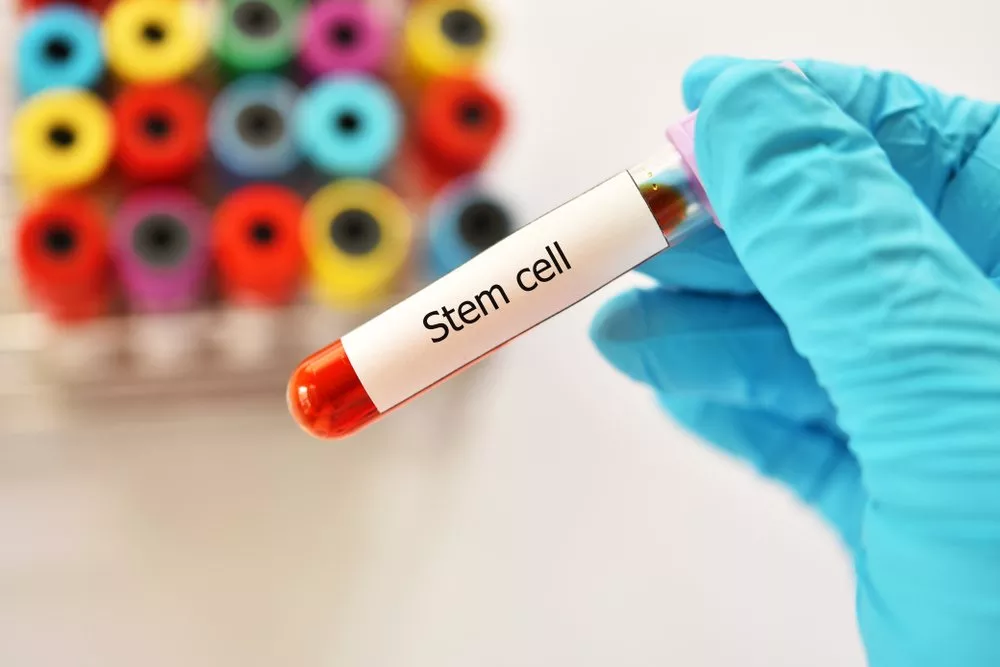You might need clarification on whether stem cell therapy is the best option for you if you have an orthopedic disease, such as osteoarthritis or a joint injury. What precisely is this type of regenerative medicine growing in acceptance? You can decide if this is the best course of action for you by learning all there is to know about this form of treatment and how it can help with orthopedic disorders.
WHAT IS STEM CELL THERAPY?
Reduced inflammation and immune system modulation are two features of stem cell treatment, a type of regenerative medicine used to repair damaged cells in the body. As a result of this phenomenon, stem cell therapy is an effective remedy for many diseases. With studies on the use of stem cell therapies for the treatment of Crohn’s disease, Multiple Sclerosis, Lupus, COPD, Parkinson’s, ALS, stroke recovery, and other illnesses, they have been utilized to treat autoimmune, inflammatory, neurological, orthopedic, and traumatic ailments.
New stem cell therapies aim to help the body mend itself so effectively that the symptoms of the disorders can be managed for extended periods of time, even though they may not always be able to cure these conditions. This effect frequently delays the advancement of the disease while also significantly improving the quality of life for patients.

HOW DOES IT WORK?
Stem cells are infused into the damaged area as part of the therapy. The injured tissue is then repaired and replaced by these cells. The stem cells may occasionally come from your own body (autologous stem cell therapy). Occasionally, they may originate from a donor (allogeneic stem cell therapy). The injection of stem cells is a minimally invasive procedure that can be completed without hospitalization.
WHAT ARE A FEW OF THE THERAPY’S ADVANTAGES?
The therapy has a wide range of possible advantages. Here are a few examples :
It is efficient.
For a number of orthopedic problems that would have previously required surgery, stem cell therapy is thought to be a successful treatment option. When other orthopedic and regenerative medicine treatments have failed, they can frequently offer relief.
It is minimally invasive.
The benefit of the treatment is that it is just as minimally invasive as platelet-rich plasma therapy (PRP). There is no need for surgery because the stem cells are injected right into the damaged area.
You might be able to avoid surgery.
In rare circumstances, the therapy can prevent you from ever needing surgery. This is so that the stem cells can fix the harm and allow the afflicted area to function once more. This therapy may be the sole course of treatment for some illnesses where surgery is not an option.
There are rarely negative effects.
The technique also has fewer side effects than surgery, which is an additional benefit. Temporary discomfort at the injection site is the most frequent adverse reaction. At the injection site, there is also a chance of infection or an allergic reaction. The problem might not get better in some circumstances because the stem cells may not establish themselves.

WHAT DRAWBACKS ARE THERE?
It is expensive
The method is still a developing technique. As a result, compared to other treatment alternatives, it might be extremely pricey.
It is not yet FDA-approved
The FDA has not yet approved stem cell therapy for the treatment of orthopedic diseases. This implies that the cost of the procedure might not be covered by your insurance.
You might require multiple treatments.
To get the desired effects, you can occasionally need more than one therapy session. This may increase the procedure’s overall cost.
DO YOU NEED STEM CELL THERAPY?
Not everyone will be a good fit for this therapy choice. People with orthopedic conditions who have not improved with other therapies are the greatest candidates for it. For those who can afford the operation and are searching for a minimally invasive treatment option, it is also fantastic. Bone-joint injuries, ligament-tendon tears, osteoarthritis-related cartilage abnormalities, and femoral head osteonecrosis are a few orthopedic diseases that may benefit from the therapy.
In order to determine whether this treatment is the best choice for you, it is crucial to consult with your doctor if you are contemplating it. Your doctor will be able to go over the advantages and disadvantages of this course of treatment with you and assist you in making an educated choice.
Stem cell therapy has the potential to build every tissue in the body and promotes new growth by working as regenerative medicine. To speak with an expert call Specialty Care Clinics at (469)545-9983.
